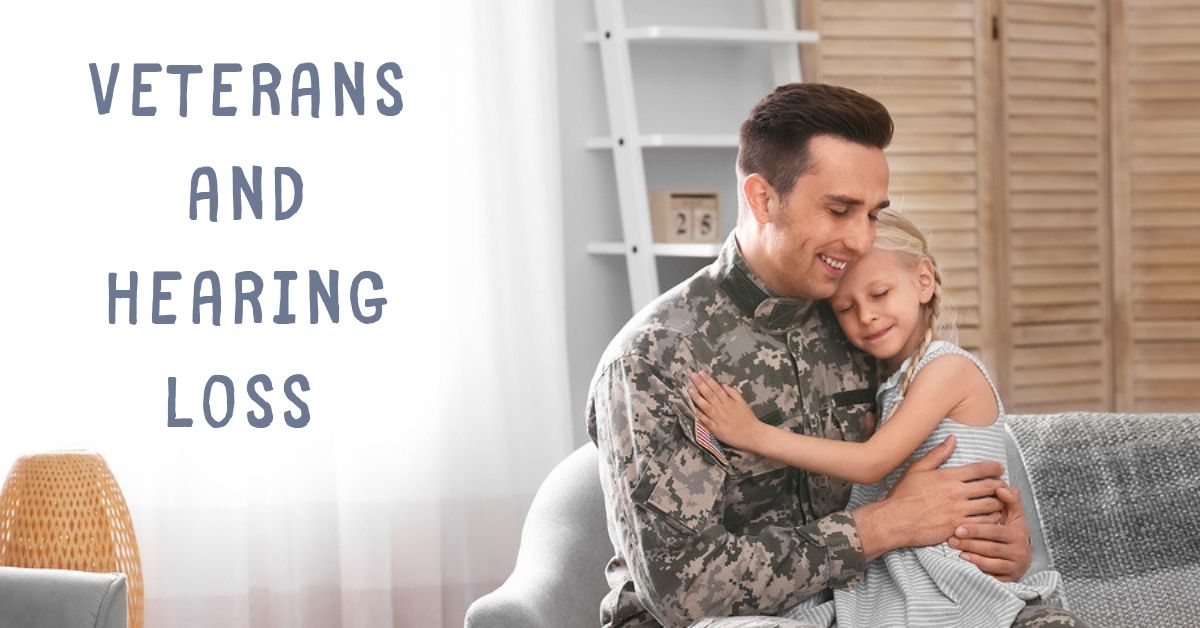

Workplaces are the source of livelihood, and in the best cases, they can be enriching, fulfilling, and—at the very least—safe places to exert your energy. However, too many workplaces are full of risks along with rewards for the activities that take place there. When workplace hazards come time mind, you might think first of the risk of injury from a fall, bodily harm from lifting heavy objects, or exposure to toxic chemicals. Indeed, each of these workplace hazards requires extensive precaution to reduce risks. However, another form of occupational hazard can sometimes be brushed aside: hearing loss. Let’s take a look at some of the occupational hearing hazards that are most common, as well as some of the important steps to minimize risk in the workplace.
If you work in an industrial or manufacturing location, you will be familiar with the noise that can be generated from the process. Repeated exposure to the same loud sounds over the duration of a work shift can be permanently damaging to the hearing, particularly if you are doing the same job for many days or even years in a row.
However, industrial sites are not the only culprits of workplace hearing damage. Live music venues and dance clubs can cause damage to hearing, and restaurants are commonly ignored workplaces that can have damaging levels of noise, as well. Fortunately, the Occupational Safety and Health Administration (OSHA) has rigid directives for employers to make sure that they limit the harmful effects of workplace noise.
These directives are described in terms of the level of noise as well as the duration of exposure. For instance, a workplace with a noise level of 90 decibels can be endured safely for the entirety of an 8-hour shift, according to OSHA. However, that length of time decreases sharply after the 90-decibel mark. For instance, 92 decibels of workplace noise should only be endured for a 6-hour period. As the noise level increases, the times of lawful exposure become incredibly short. A person hearing 110 decibels of noise should only encounter that sound for a half hour per day.
If workplace noise is occurring at these loud levels, then precautions must be taken to reduce the risk of permanent damage to the employee’s hearing. Hearing protection is the best line of defense against these damaging sounds. Wearing noise-cancelling earmuffs or earplugs can do a lot to reduce the decibel level of noise.
However, even while wearing hearing protection, an employee is likely to incur some noise exposure. OSHA has detailed guidelines for determining the noise level of the workplace, as well as the level that makes its way through hearing protection. If you work in a loud restaurant, it may be more difficult to wear serious hearing protection. In this case, periodic breaks from the noise are essential. OSHA also offers guidelines for service industry workers to help them limit hearing hazards. Making sure you are able to do other tasks during the work day away from the loud “front of house” restaurant location will be important to preventing hearing loss.
Unfortunately, many workplaces fail to abide by the OSHA regulations. Of course, a hotline is available for employees to anonymously report loud workplaces to the authorities, but your first step should be to have a frank discussion with your manager or the owner of the business. If you are worried about noise exposure, the organizational leadership should be made aware of the risks. In the best cases, they will respond immediately with solutions, offering reimbursement for the best hearing protection that is custom-fitted to your ears.
Whatever the result of your conversation, be sure to involve other workers who are exposed to the same hazardous noise, making it possible to advocate for yourselves as a larger unit of workers rather than an isolated individual. Your hearing should not be put at risk for the benefit of a bottom line, and OSHA is available to help you take the appropriate steps to protect yourself from harm while also maintaining good standing at your place of work. With cooperation, understanding, and solidarity, you will be able to achieve a work environment that minimizes hearing hazards.
Have you spent a career working in noisy environments? If you are concerned about your hearing abilities, it is important to schedule an annual hearing test. At State Hearing, we provide comprehensive hearing health services, from hearing tests to hearing aid fittings to custom hearing protection. Contact us to learn more!